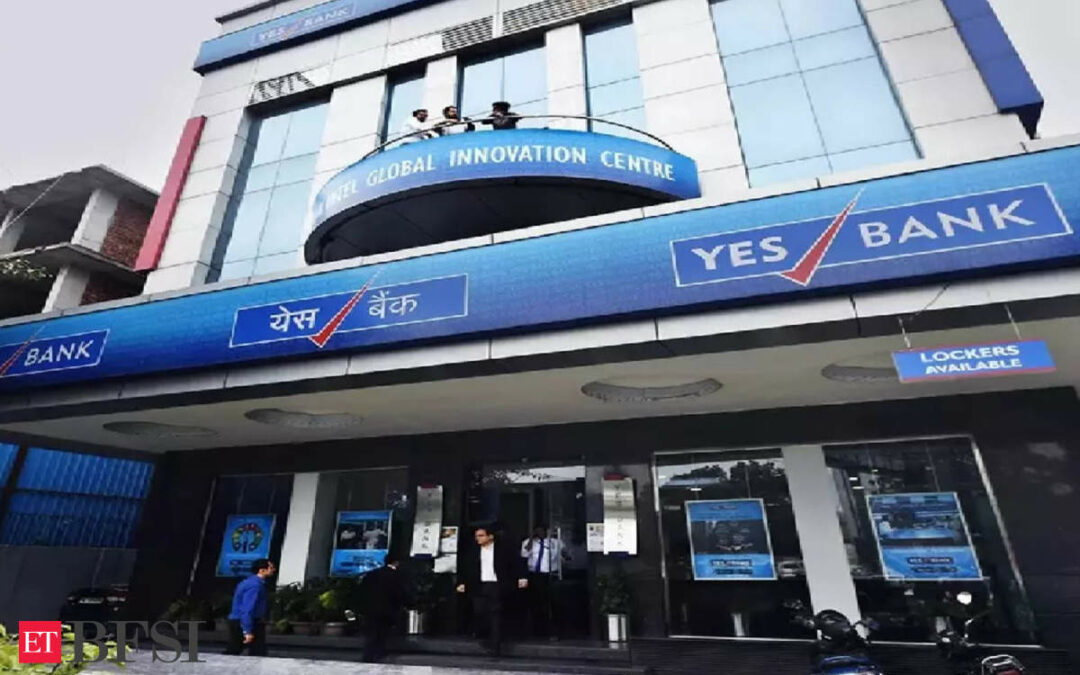The Bombay High Court has refused to grant default bail to realtor Sanjay Chhabriaa in the Yes Bank money laundering case, observing that money laundering involves intricate processes to make illegally-obtained money appear legitimate and hence require in-depth investigation.
A single bench of Justice M S Karnik on October 9 dismissed Chhabriaa’s petition seeking default bail on the ground that though the Enforcement Directorate (ED) submitted its prosecution complaint against him within the mandatory 60-day period, it had also sought permission from the special court to carry on further probe in the case.
The ED’s case was that while the probe against Chhabriaa was complete, the investigation regarding the case was still on. The high court in its order agreed with the agency and said the offence of money laundering involves multiple interconnected transactions and the same demands cumbersome investigation, and that the ED in the present case was investigating an economic offence which demands in-depth and detailed investigation.
“The accused undoubtedly has the right to a fair trial which is a dimension of the right to life and personal liberty under Article 21 of the Constitution of India. Likewise, it is also the duty of the respondent (ED) to conduct a comprehensive and complete investigation as regards the offence,” the order said. “Money laundering refers to the process of making illegally-obtained money appear legitimate or clear in order to disguise its illicit origins.
The ultimate goal of money laundering is to integrate illicit funds into the lawful financial system, making it challenging for authorities to trace and seize the proceeds,” the court said. Money laundering involves intricate processes designed to obfuscate the origin of illegally-obtained funds, Justice Karnik said, adding the complexity of a money laundering case is determined by the intricacy and sophistication of the methods used to disguise the illicit funds.
“Complex money laundering cases, such as the one at hand, encompass multiple levels of transactions. These cases typically involve intricate schemes and techniques aimed at creating numerous layers of obfuscation, making it challenging for investigators to unravel the true nature of the illicit funds,” the HC said in its order.
The ED’s case is that Chhabriaa had played a crucial role in diverting funds procured illegally by Yes Bank’s founder Rana Kapoor and Dewan Housing Finance Limited (DHFL) promoter Kapil Wadhwan. Justice Karnik said further investigation was on with regard to the larger offence of money laundering in the case.
“There is no embargo for conducting any further investigation in the case by the respondent to bring any further evidence, oral or documentary, against any accused person involved in the offence, against which the complaint has been filed,” the HC said. Chhabriaa’s lawyer Vibhav Krishna said since the investigation in the case was incomplete even after 60 days since Chhabria’s arrest in the case, the accused stands to get relief of default bail. Chhabriaa was arrested by the ED on June 7, 2022 in connection with the Yes Bank-DHFL money laundering case.
On August 4, 2022, the ED submitted its prosecution complaint (chargesheet). Krishna argued that the complaint was filed by the ED without completing its investigation only to scuttle the indefeasible right accrued in favour of the accused to claim default bail. He submitted to the court that Chhabriaa was granted default bail in the CBI’s corruption case related to the same offence by the Supreme Court in April this year.
Chhabriaa moved the HC seeking bail in the ED’s case after a special court rejected his plea in August last year. Additional Solicitor General Devang Vyas opposed the plea and argued that the investigation with respect to Chhabriaa is complete but the probe in the whole case is still on.










